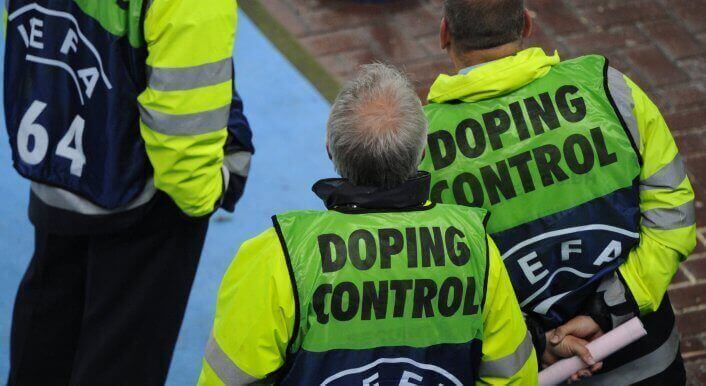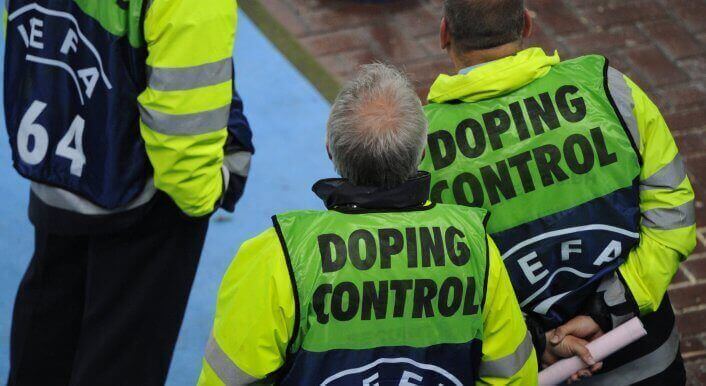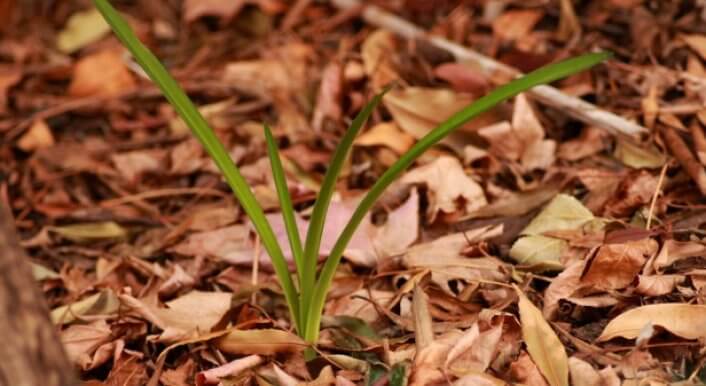Francois Marque banned for six matches
The German Football Federation’s tribunal has ruled the positive test of Francois Marque as a doping offense. However, the defender of third division side Saarbrücken FC has been only banned for six matches as he didn’t use a classic performance enhancing product. The DFB published the verdict on its website (Press Release in German).

To bring you up to speed, we put together a chronology of the Marque case from the positive test to the verdict.
Nov 30, 2013
Marque is asked to deliver a urin sample after the match against RB Leipzig. A week later, the lab informs the DFB about the positive test. The cortisone product is free to be used in training, but can only be applied in competition with a medical exemption. Marque was not able to present such an exemption.
Jan 20, 2014
Shortly before Marque’s hearing, the Saarländische Rundfunk (SR) breaks the story of the case. The player asks for the B-sample to be analysed.
Feb 2014
The doping lab in Kreischa confirms the result of the A-sample. Both samples are positive for a cortisone product.
Feb 20, 2014
The DFB announces it has banned Marque for six matches. Marque will be eligible to play again on match day 32 against MSV Duisburg at the end of March.
Already in 2007, the DFB had to deal with two other cases involving a similar cortisone product. Marc Lerandy of SC Pfullendorf was banned for six matches as well and Daniel Gunkel of Mainz 05 got away with a warning.
However, we think there are more questions in need to be answered. We sent those questions to the DFB, Germany’s anti-doping authority NADA and Saarbrücken FC. Here are some of the questions (answers below):
● Which doctor treated Marque? Why wasn’t there a medical exemption?
● Is NADA going to appeal the verdict?
● Why has the B-sampled been opened so late? Isn’t this a violation of §15 of the DFB anti-doping rules the request an analyses of the B-sample closer tot he A-sample?
Saarbrücken FC doesn’t want to tell us why there was no medical exemption and with what exact product Marque was treated. „Trying to find someone to put the blame on now doesn’t lead us anywhere“, says spokesman Christoph Heiser. Heiser also says the club „probably needs to raise the player’s awareness in the future“.
As it happens: Read our first story about this doping case.
Don’t miss any updates. Follow us on Twitter:



